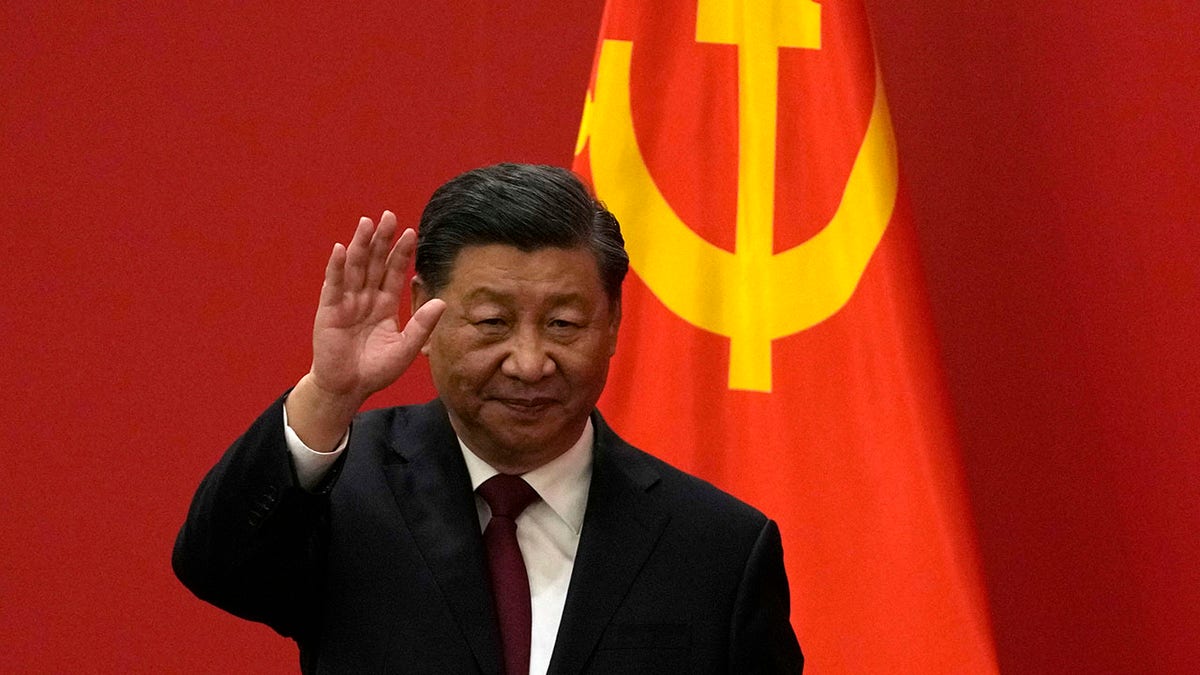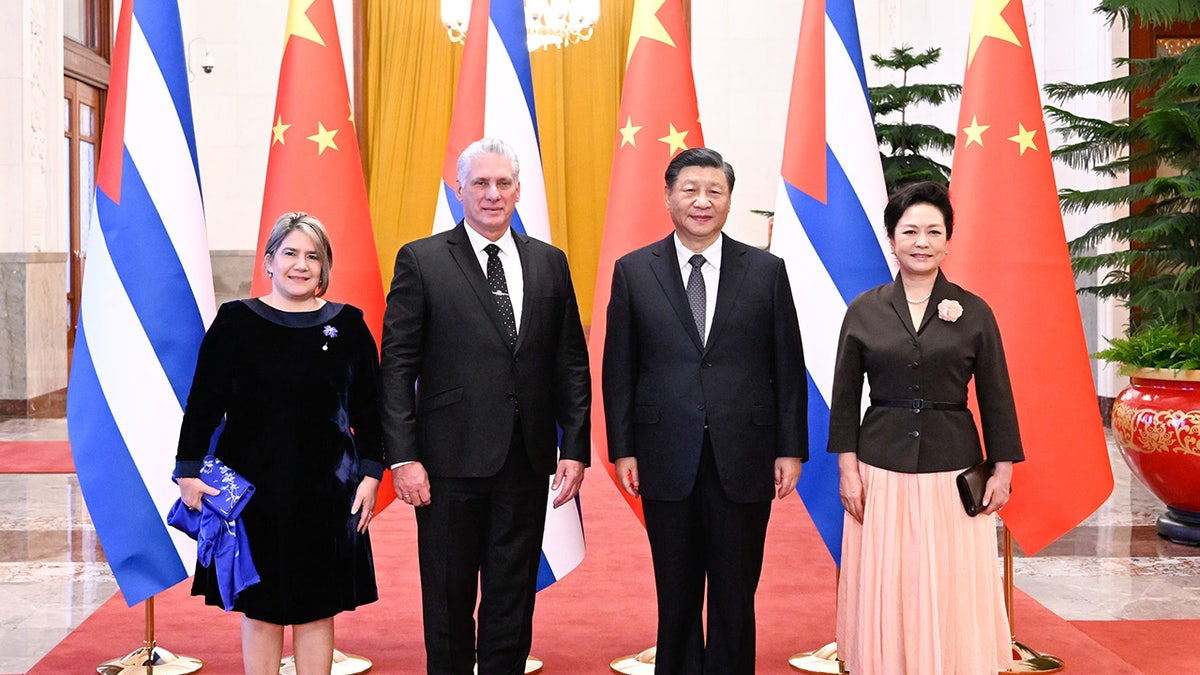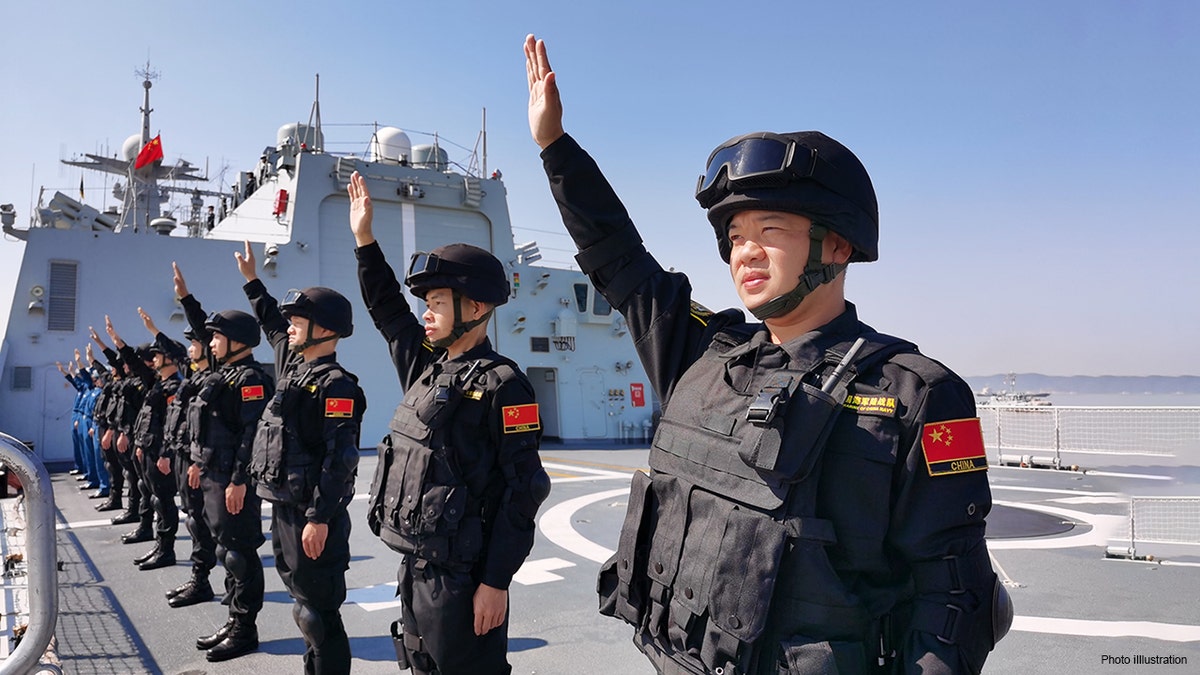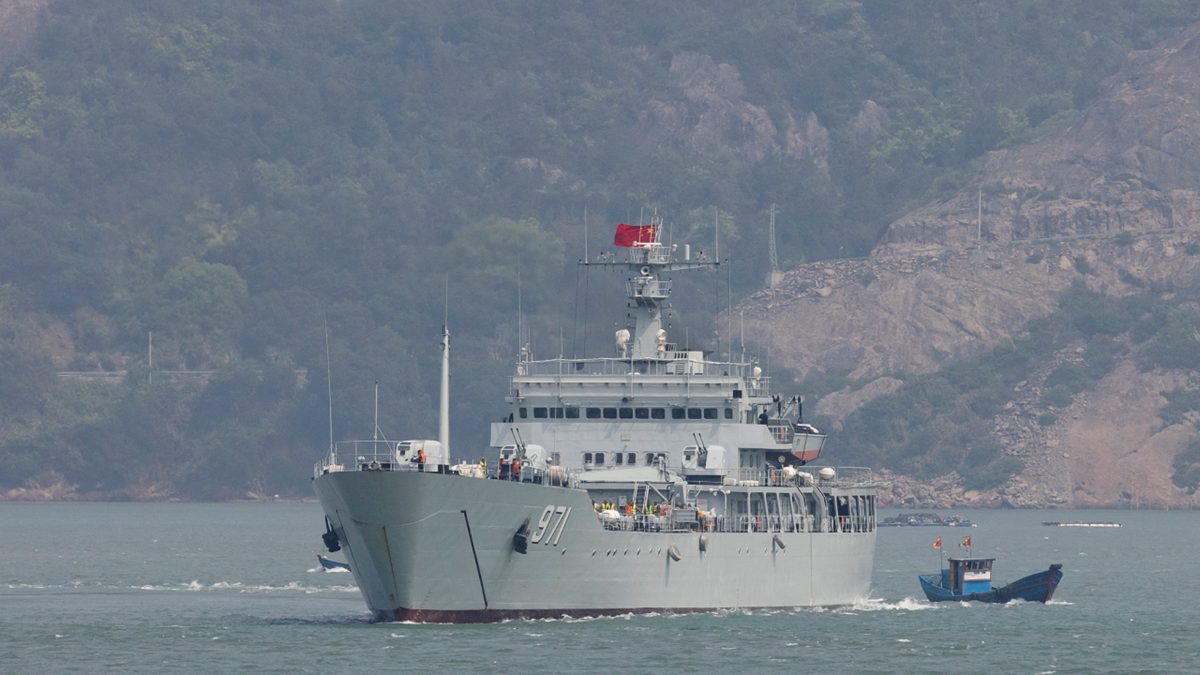The Biden administration's handling of the Chinese spy base in Cuba raises serious questions about its approach to national security. Initially denying the Wall Street Journal's report, the White House later acknowledged the base's existence, characterizing it as an inherited "ongoing issue." They emphasized a "quiet" and "careful" diplomatic approach, claiming it has "slowed the PRC down."
However, this downplaying of the threat and reliance on diplomacy without adequate military backing has drawn criticism. Critics, including military intelligence analyst Rebekah Koffler, argue that diplomacy is ineffective without "serious combat power," which she believes has diminished under the current administration. This perceived weakness projects an image of an administration incapable of effectively countering China's growing influence and aggressive tactics.

Chinese President Xi Jinping (AP Photo/Andy Wong, File)
The presence of Chinese surveillance facilities in Cuba is not new. Open-source reports, including a 2011 U.S. Army War College study, have highlighted China's long-standing use of such bases. These bases are strategically positioned to intercept communications, monitor U.S. military activities, and potentially disrupt satellite communications – a critical aspect of modern warfare.

Cuban military base in Bejucal (Reuters)
China's espionage capabilities, both human and technological, pose a significant threat. While China excels in human intelligence, its electronic eavesdropping capabilities are also highly advanced. The Cuban bases provide a crucial platform for gathering intelligence on U.S. military operations and strategic assets.

Xi Jinping with Cuban President Miguel Diaz-Canel Bermudez (Shen Hong/Xinhua via Getty Images)
The recent upgrades to these bases, including enhanced satellite disruption capabilities, align with China's growing focus on space warfare. The 2007 anti-satellite missile test demonstrated China's willingness to weaponize space. Coupled with its expanding satellite network, this poses a direct challenge to U.S. space-based military assets.

Structures at the Cuban military base near Bejucal (Reuters/Dave Sherwood)
Recent Chinese military exercises and Xi Jinping's call for his national security team to prepare for a "worst-case scenario" further underscore the escalating tension. Concerns have also been raised about depleted U.S. weapons stockpiles due to aid provided to Ukraine, potentially leaving the U.S. vulnerable in a conflict with China.

Chinese naval fleet (Xinhua/Jiang Shan via Getty Images)

Chinese warship during military drills (Reuters/Thomas Peter)
Koffler and other critics argue that relying solely on diplomacy is insufficient to deter China. They advocate for a more assertive approach, backed by a strong military posture, to effectively address the growing threat. War game simulations, highlighting potential U.S. vulnerabilities in a conflict with China, reinforce the need for a reassessment of current strategies.
Comments(0)
Top Comments